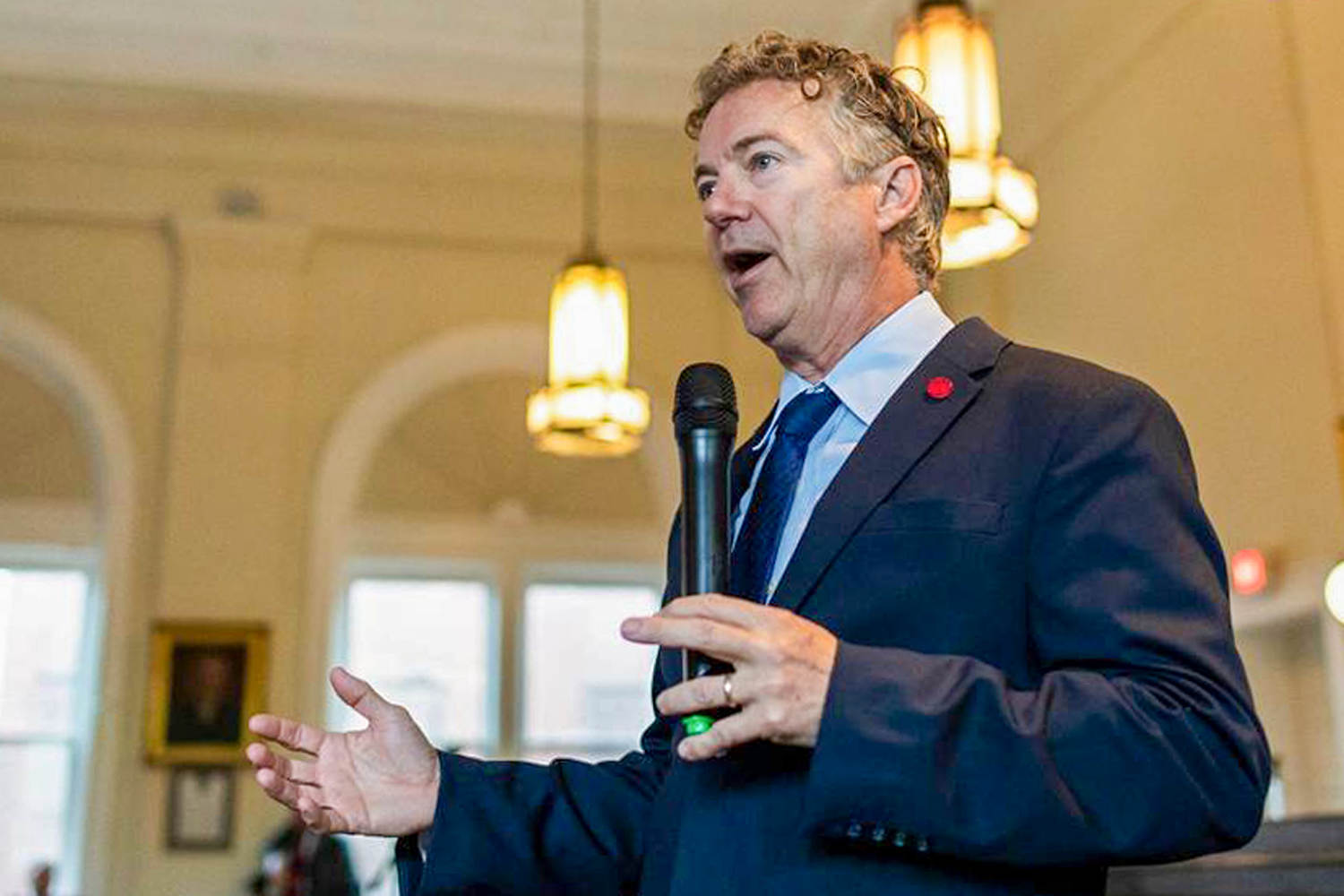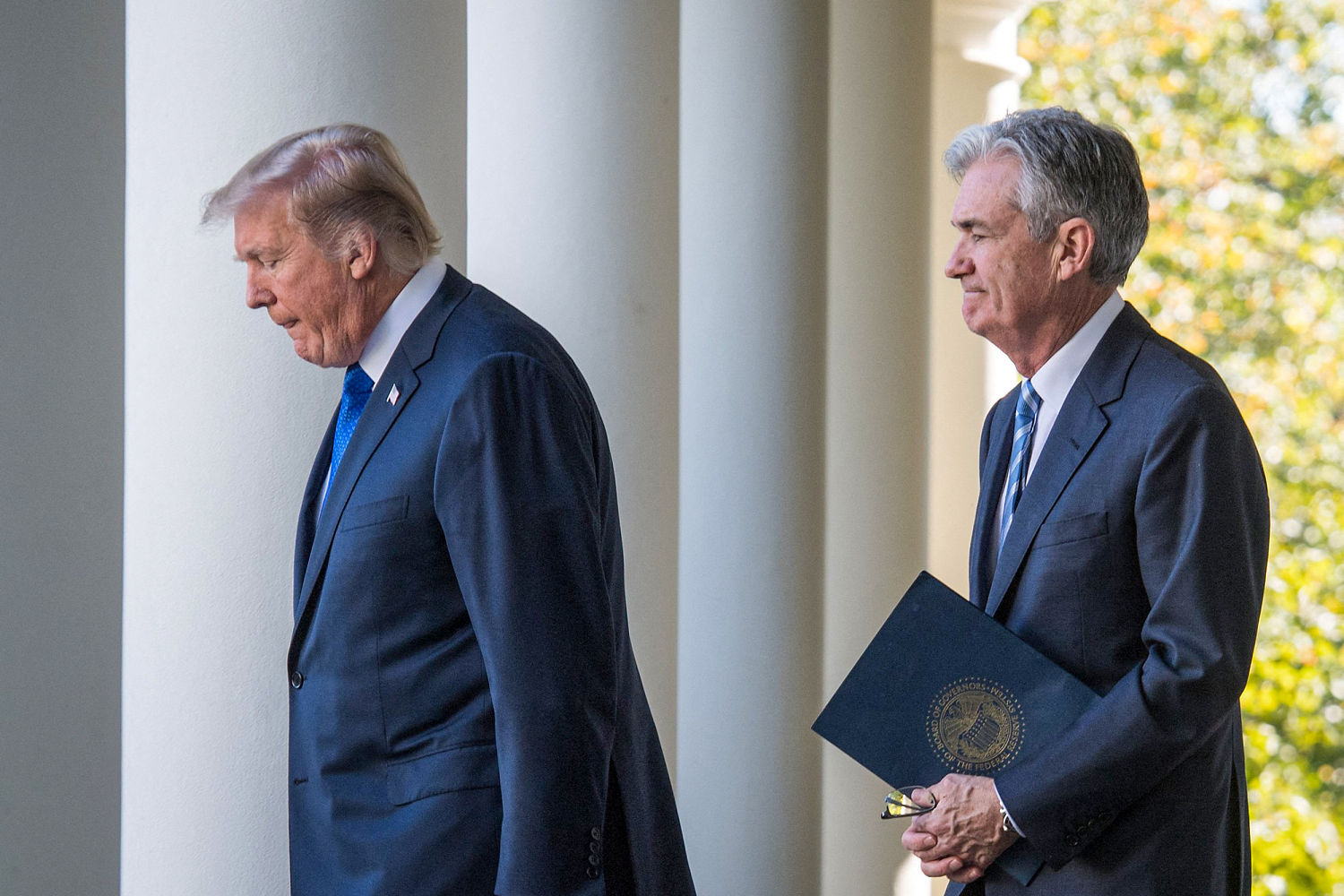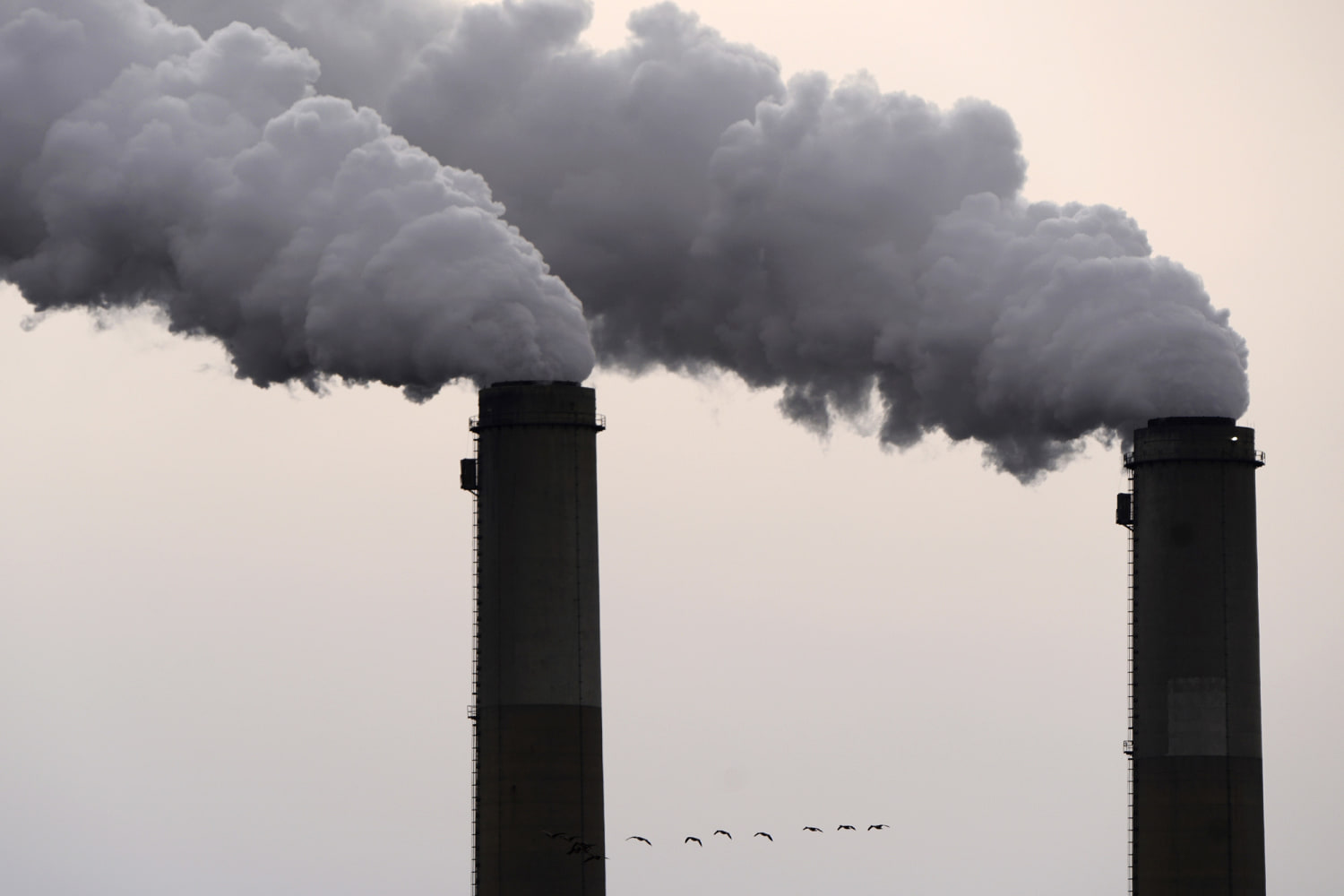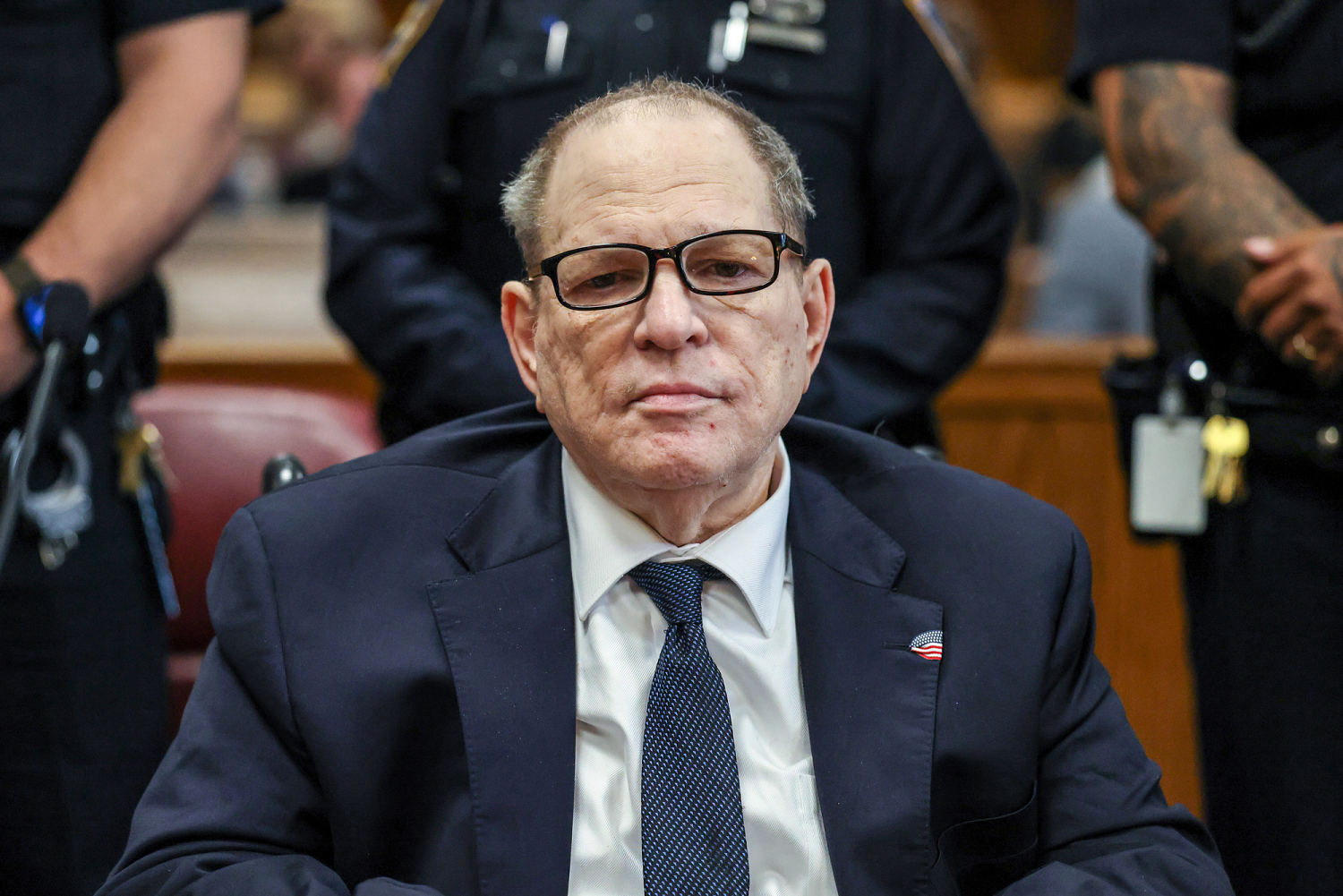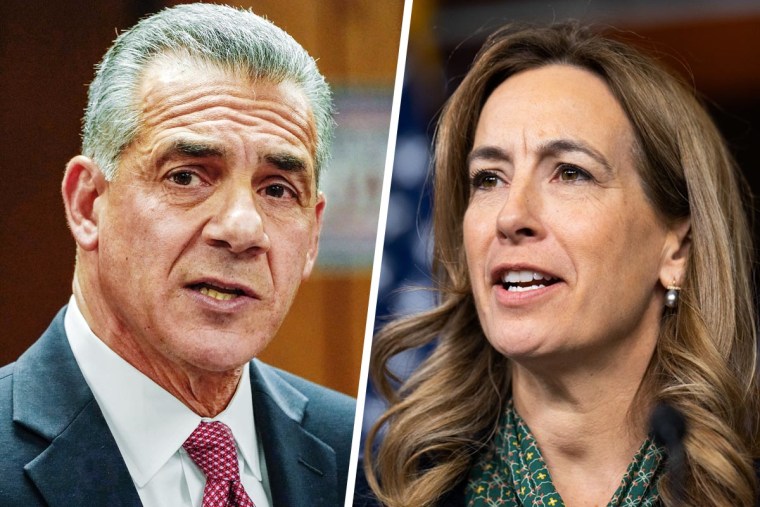
WASHINGTON — Defense Department officials say troops who cheered and jeered Tuesday at President Donald Trump’s political statements at a rally at Fort Bragg, North Carolina, did not violate military regulations, but a former military legal officer said they did just that.
During the speech, uniformed soldiers yelled in support of Trump’s political statements and booed former President Joe Biden and California Gov. Gavin Newsom.
“Do you think this crowd would have showed up for Biden? I don’t think so,” Trump said to boos about Biden.
Trump made other comments about Newsom and about Karen Bass, the mayor of Los Angeles, where protests against the administration’s crackdown on immigrants have been taking place and where Trump has ordered thousands of National Guard members and active-duty Marines deployed in response. Other Trump comments about the “fake news media,” transgender people, protesters in California and flag-burning also drew boos from the uniformed military members in attendance.
Trump is known for his rallies at which he goes after and pokes fun at political enemies and other issues, but typically he makes those remarks at political events, not on U.S. military bases.
Such overt political activity on a base is the prerogative of the commander in chief. But military leaders would typically frown upon troops’ reacting the way they did as inconsistent with military good order and discipline, and, according to one expert, it is a violation of military regulations found in the Uniform Code of Military Justice, or UCMJ.
Presidents of both parties often use troops as political props and put them and their commanders in difficult positions by doing so, but Trump’s speech took that to a new level, said Geoffrey DeWeese, a retired judge advocate general who is now an attorney with Mark S. Zaid PC. (Zaid has represented whistleblowers on both sides of the aisle, including one who filed a complaint about Trump’s call with Ukrainian President Volodymyr Zelenskyy in 2019 that led to Trump’s impeachment, and he was one of the people whose security clearances Trump revoked this year.)
“It’s a sad tradition to use the military as a backdrop for political purposes,” DeWeese said. “To actively attack another president or a sitting governor and incite the crowd to boo, that’s a step in a dangerous direction, that really says we want to politicize the military, that sends a bad message.”
DeWeese said there were likely to have been violations of the UCMJ.
“I would be cringing if I was a senior officer and it happened under my watch,” he said.
Defense Secretary Pete Hegseth has said repeatedly that he wants to take politics out of the military by removing diversity, equity and inclusion programs and banning service by transgender service members.
Kori Schake, a senior fellow at the American Enterprise Institute who worked at the State Department and the National Security Council under former President George W. Bush and at the Pentagon under former President George H.W. Bush, said in an email that commanders at Fort Bragg should have done a better job preparing troops there.
“It’s terrible,” she wrote. “It’s predictably bad behavior by the President to try and score political points in a military setting, and it’s a command failure by leaders at Ft Bragg not to prepare soldiers for that bad behavior and counsel them not to participate.”
The Pentagon said in a statement that there had been no violation of the UCMJ and suggested the media was against policies that Trump has championed.
Pentagon spokesman Sean Parnell also alleged in a statement that the media “cheered on the Biden administration” and its policies regarding the Defense Department “when they forced drag queen performances on military bases, promoted service members on the basis of race and sex in violation of federal law, and fired troops who refused an experimental vaccine.”
“Believe me, no one needs to be encouraged to boo the media,” Parnell said. “Look no further than this query, which is nothing more than a disgraceful attempt to ruin the lives of young soldiers.”
On Wednesday, Army officials at Fort Bragg addressed the sale of some MAGA merchandise at the event, which was planned in cooperation with a nonpartisan organization, American 250.
“The Army remains committed to its core values and apolitical service to the nation,” Col. Mary Ricks, a spokeswoman for the Army’s 18th Airborne Corps at Bragg, said in a statement. “The Army does not endorse political merchandise or the views it represents. The vendor’s presence is under review to determine how it was permitted and to prevent similar circumstances in the future.”
The Army’s own new field manual, published recently, says the apolitical nature of being a U.S. soldier is what contributes to the public trust.
The Army “as an institution must be nonpartisan and appear so, too,” says the new field manual, “The Army: A Primer to Our Profession of Arms.”
“Being nonpartisan means not favoring any specific political party or group. Nonpartisanship assures the public that our Army will always serve the Constitution and our people loyally and responsively.”
U.S. troops can participate in political functions, just not while on duty or in uniform, the book says.
“As a private citizen you are encouraged to participate in our democratic process, but as a soldier you must be mindful of how your actions may affect the reputation and perceived trustworthiness of our Army as an institution,” it says.




